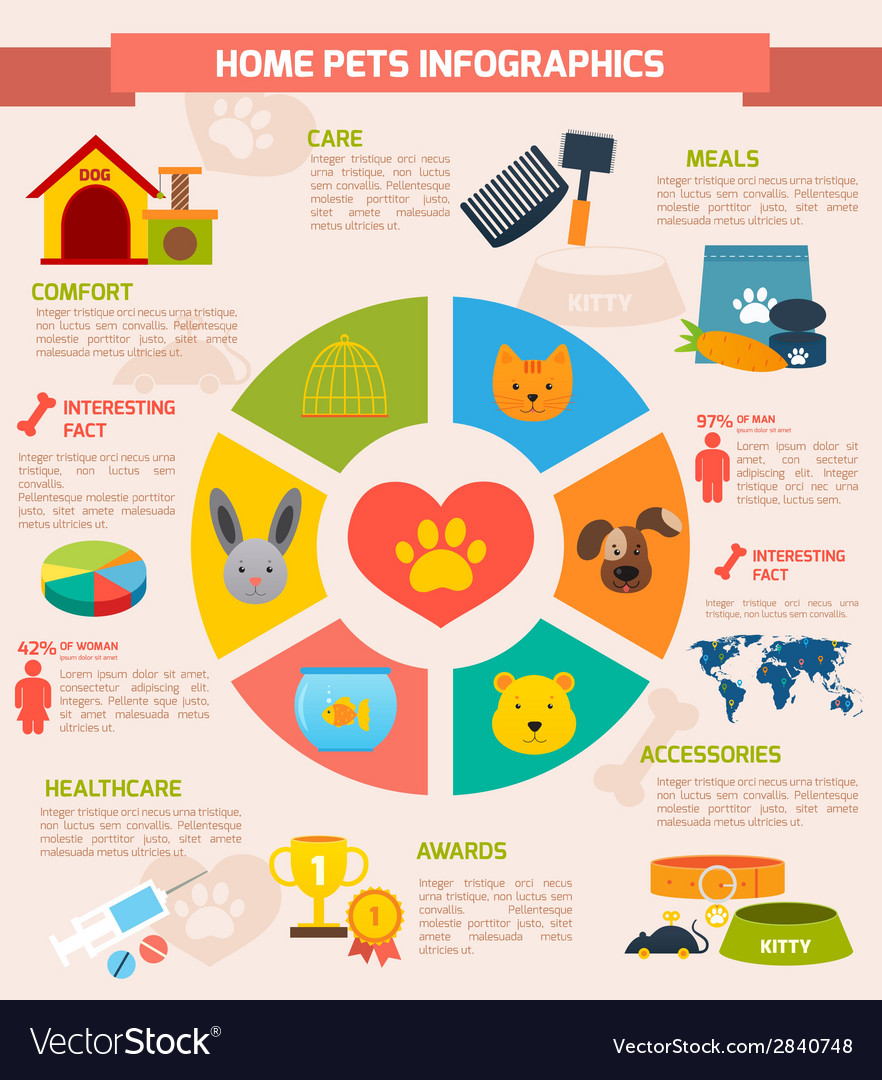How Dog Daycares Monitor Dogs
How Dog Daycares Monitor Dogs
Blog Article
What Happens During a Canine Daycare Examination?
A canine day care assessment is an essential process for both dogs and pet dog moms and dads. It provides a means for childcare personnel to comprehend a dog's personality and social abilities. It likewise helps protect against hostile behavior from occurring in between canines or between pet dogs and people.
Properly carrying out a day care examination can assist protect against behavior concerns such as barking, jumping up, and canine fights. Prevent utilizing extreme training techniques such as spray containers and digital collars.
1. Consumption Documentation
Depending on your type of business (training, daycare, grooming etc) an animal intake form will collect important information from pet parents before they drop off their canine. This can include medical history, behavior and dietary needs.
It's also a good idea to have staff members dedicated to performing temperament tests so that consistency is maintained and everyone is on the same page about evaluation criteria and outcomes. Gingr's pet business software can help make this process more efficient by allowing staff to conveniently watch personality examination notes and results when seeing animal profiles, report cards or reservation requests.
Develop an official acceptance policy that clearly details your analysis procedure, the behavior and character characteristics required for childcare and features that invalidate animals from your facility. This can help make certain that all pets have a favorable experience at your day care and are not exposed to unneeded threats.
2. Leash Stroll
A canine daycare evaluation can be a little discouraging for both pet dogs and pet dog moms and dads. This is a new environment that can be loaded with unknown sights, sounds, and various other pet dogs.
To relieve their nerves, it is a good concept to take the pet for a walk around prior to starting the temperament examination. This can offer the puppy a possibility to become knowledgeable about their surroundings prior to they are separated from their owners.
This will certainly likewise allow the daycare team to assess the dog's strolling capabilities. If they are pulling or including stress, reinforce them for strolling without doing these actions. Think about using a head collar to stop drawing, sniffing, and scavenging throughout strolls. If the canine can not control themselves on a chain, it is unlikely that they will certainly be able to work in high diversion environments in your childcare.
3. Social Communication
Dogs require routine social interaction with various other canines to reduce boredom-induced actions such as hostility, chain drawing, and stress and anxiety. Doggy childcare provides this socialization and even more in an environment that is secure, structured, and supervised.
A character test assists staff establish a canine's personality, power level, and social abilities in order to place them in one of dogs boarding near me the most suitable team. For instance, a shy pet dog will refrain from doing well playing with brawler, boisterous pet dogs. Grouping pets of similar individualities can minimize the threat of misunderstandings and problems.
Testing need to be conducted in a tranquility, controlled method using favorable support and no force or anxiety. Spray bottles, digital collars, and scruff shaking are all approaches that create stress and anxiety for both the canines being checked and their handlers.
4. Object Play
Lots of pet parents are reluctant to drop off their pet dogs for daycare, particularly with problems about behavior issues. This is why some pet dog daycares offer a 15 minute evaluation with the owner existing to assess their puppy's actions.
This evaluation consists of a brief leash go through the childcare facility and monitoring of the pet's reaction to both seen and hidden stimulations. It is essential that the pet is not overly nervous or fearful as these are signs of an improper temperament for a group setup.
Observe just how the canine connects with toys and other things, and their play style. Ideally, childcare teams canines by character to make sure that energetic, lively pet dogs are with various other energetic canines while shyer, even more scheduled dogs are with other similar pet dogs.
5. Behavior Test
Canines that play harsh are not always cut out for group day care. If they do not have the energy to stay on top of various other pets, they can quickly end up being overstimulated and hostile - possibly damaging the various other pups in your care. By checking a pet's temperament and socialization throughout an analysis, you can identify these canines and prevent unsafe situations for all involved.
When carrying out an examination, bear in mind to be consistent and fair with your acceptance plans. Avoid making use of punishment-based methods during the test (like spray bottles, electronic collars, or scruff trembling) which might create stress and anxiety in the dog and reduce learning capability. By complying with these ideal techniques, you can make certain that each pet dog passes their temperament test and is a good fit for your daycare atmosphere.